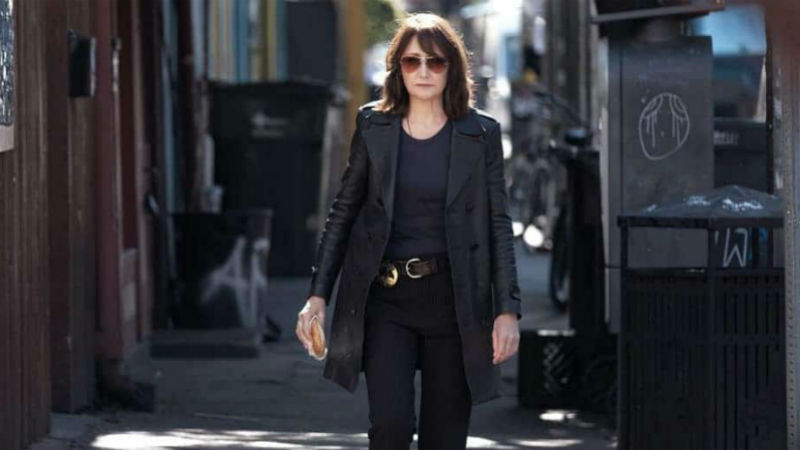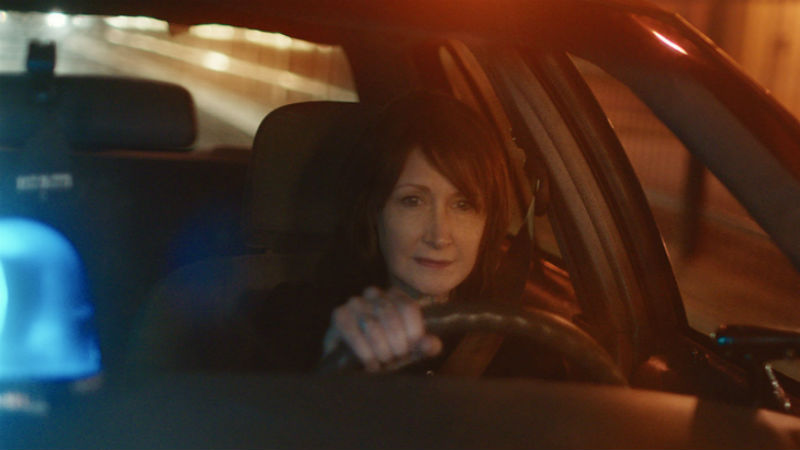QUICK SNAP: LIVE FROM TALLINN
A mixture of the miserablist prison drama and a good old-fashioned police procedural, 25 Years of Innocence plays like Shawshank Redemption stripped of any feel-good moments. A grim yet eventually hopeful examination of a true case of wrongful imprisonment in Poland, this true-life story has the potential to be a crossover success.
The film starts in the year 2000, with the young Tomasz Komenda (Piotr Trojan) hauled into an interrogation cell over the rape and murder of a young girl at a New Year’s Eve party three years prior. Beaten senseless by the police, he confesses to having sex with a fifteen-year-old outside of a village party miles away from his own town. With DNA evidence seemingly against him, and only a public defendant to state his case, he is sentenced to a brutal 25 years in jail.
With certain scenes directly evoking Shawshank Redemption, Jan Holoubek boldly stakes his own claim on the wrongfully imprisoned man genre. The other half of the film, concerning the reopened investigation to find the real men responsible, takes a more Fincheresque turn, filled with portentous conversations and fascinating open-ends. We get the sense, Zodiac-like, that something is being concealed from us, just out of view, giving the film a truly enigmatic appeal.
Holoubek, also behind noir Netflix series The Mire, has a great eye for forensic detail, poring over the details and allowing the viewer to become an active participant. While there is a bit too much showing and telling, making certain revelations feel a little overdone and redundant, there is great skill in the way so much history and detail has been compressed into a mere two hour movie.
Besides Trojan’s own gripping performance, playing a simple man suffering all types of iniquities, the film’s heart rests in two good people trying their best. The first is his mother Teresa Klémańska, played with relentless passion by Polish legend Agata Kelusza. The second is the dogged police inspector Remigiusz Korejwo (Dariusz Chojnacki) — a man who knows that going against his own colleagues could cost his career, but knows he has to do the right thing.
Eventually the case of Tomek Komenda finds its way to the supreme court, gripping the entire nation in the process. This film has already had great resonance in Poland, where it was released in September, already making nearly $4 million; a fine achievement in the age of coronavirus. I think it’s because it gets to the very heart of what justice is about. Whether it’s the police or the courts, the Komenda case shows what can happen when all the wrong elements of the justice system conspire.
Now with the current ruling party in Poland ironically called the Law and Justice party — despite the way they have removed several of the checks and balances that make for a free and fair government — 25 Years of Innocence shows why effective review and implementation of the law is more important than ever.
25 Years of Innocence plays as part of the First Feature competition at Tallinn Black Nights Film Festival, running from 13th to 29th November.










